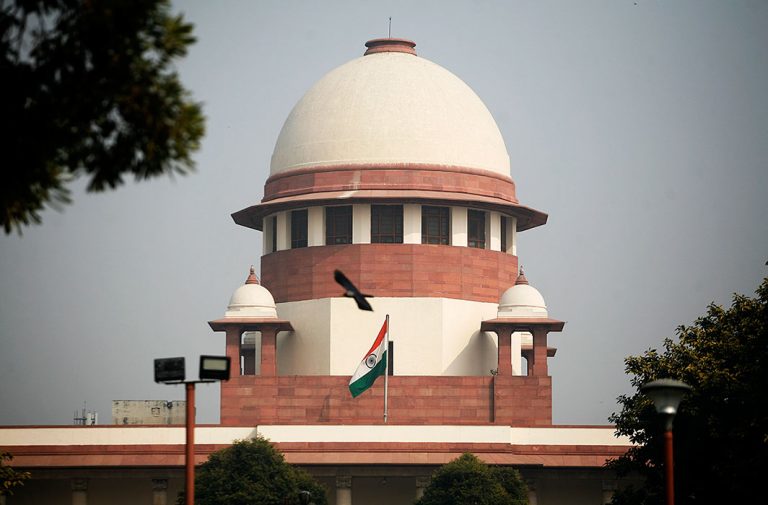
A Supreme Court bench of Justices Abhay Manohar Sapre and Uday Umesh Lalit has set aside a judgment of Patna High Court which had held that contractual teachers are entitled to a salary at par with regular permanent teachers.
With the schemes like Sarva Shiksha Abhiyan, introduction of Article 21A in the Constitution and coming into force of the Right of Children to Free and Compulsory Education Act, 2009, the Bihar government was required to induct large number of teachers in order to meet the required obligations. These teachers employed at Panchayat, Nagar Panchayat and Municipal levels were not given same salaries and emoluments like the teachers who were paid at the Government scales. The petitions seeking same salaries and emoluments on the principle of “equal pay for equal work” filed by the latter category of teachers, were allowed by the High Court.
The State Govt submitted during arguments that the Writ Petitioners (Niyojit Teachers) were appointed under the provisions of 2006 Rules of the state govt and as such, they could not challenge the validity of the Rules under which they were appointed; that the teachers appointed before 2006 were appointed by the Director on the recommendations of Vidyalaya Seva Board/Bihar Public Service Commission/Subordinate Service Selection Board whereas Niyojit Teachers were appointed under completely different sets of Rules; that the teachers appointed prior to 2006 was a dying or a vanishing cadre and there were no fresh appointments in that category; thus the Niyojit Teachers could not claim any parity on the basis of “equal pay for equal work”.
The Supreme Court observed that there was no pleading that the Niyojit Teachers appointed after 2006 were, in any manner, inferior in qualification or training and that there was no material to suggest that they were discharging different duties and responsibilities in the same institution.
Therefore the Court further observed that the teachers must be entitled to decent emoluments and said that the State may consider raising the scales of Niyojit Teachers at least to the level suggested by the Committee, without insisting on any test or examination advised by the Committee. Those who clear such test or examination, may be given even better scales.
Read the full judgment here.
—India Legal Bureau

